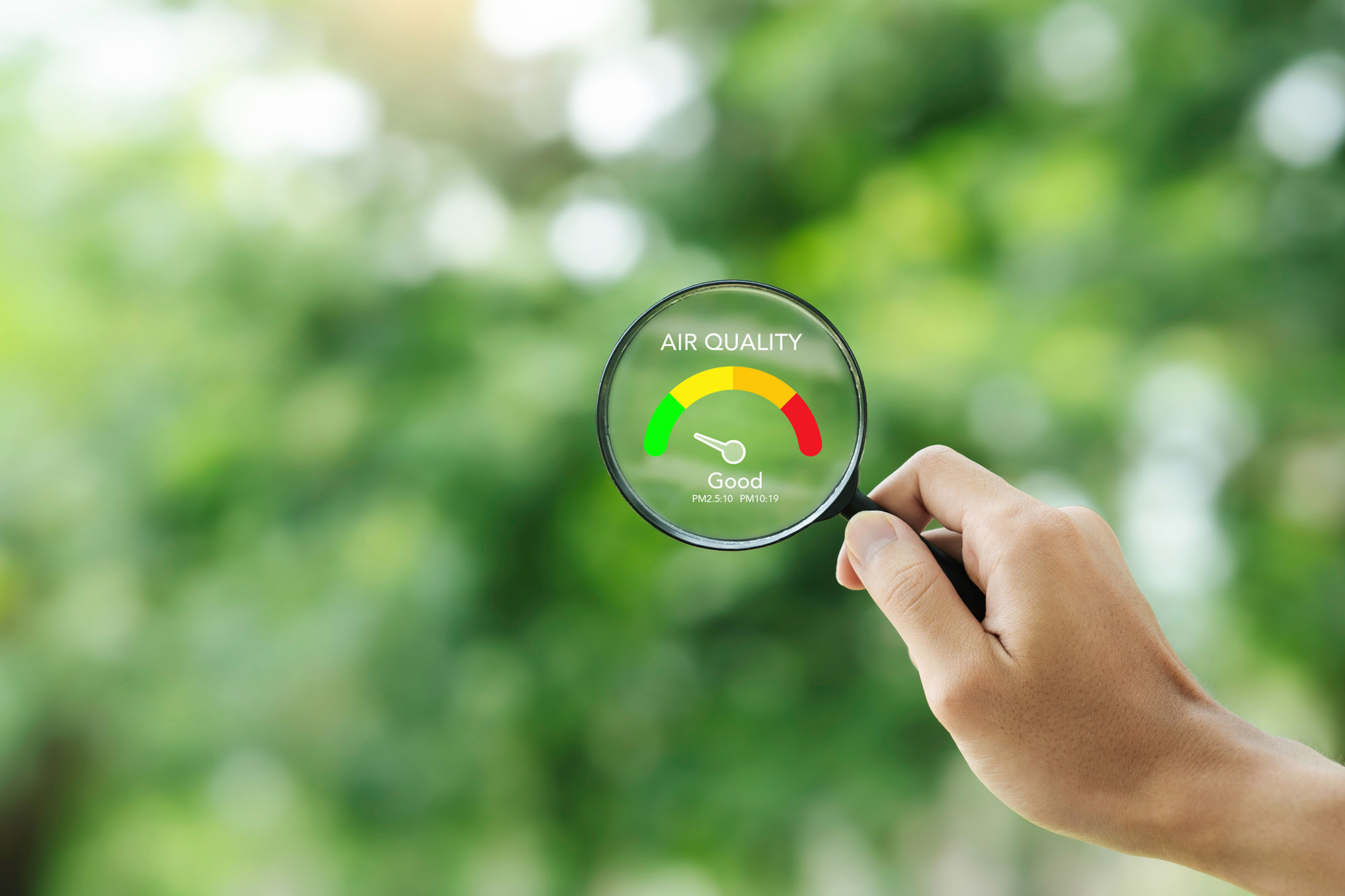If you’ve ever felt like your symptoms get worse when a storm rolls in, or when the air feels thick and heavy, you’re not alone. Many people living with autoimmune or rheumatic conditions notice that changes in the environment can lead to more joint pain, fatigue, or general discomfort.
While science is still catching up to the “why,” real-world experiences say a lot. Environmental factors do seem to influence how and when flares happen.
When the weather turns, symptoms can too
For some, a drop in barometric pressure triggers joint swelling or stiffness. For others, cold or damp weather makes muscles tighten and pain more noticeable.
Common weather-related triggers include:
- Sudden temperature shifts
- High humidity or extreme dryness
- Cold fronts or icy air
- Storms or heavy winds
These conditions don’t cause autoimmune disease, but they can make symptoms harder to manage.
Air quality matters too
Environmental triggers go beyond weather. Poor air quality, allergens, and even altitude can impact inflammation levels.
Here’s what to watch for:
- High pollen or mold counts, especially in spring and fall
- Air pollution or wildfire smoke, which can irritate lungs and immune pathways
- Altitude changes during travel, which can affect energy levels and oxygenation
- Indoor air from heating systems or dust buildup
If your symptoms seem to flare without warning, checking the air quality index (AQI) might reveal a pattern.
Tips for navigating environmental triggers
You can’t control the weather, but you can prepare for it. Small adjustments can make a big difference in managing flares.
- Dress in layers to protect joints in cold or damp conditions
- Use a humidifier or air purifier to improve indoor air quality
- Track symptoms in a journal or app to spot patterns tied to weather or pollution
- Plan around forecasts when possible, schedule rest days or lighter activity when triggers are expected
- Talk with your doctor about adjusting medications seasonally, if needed
Stay flexible, not fearful
Not everyone responds the same way to environmental changes. Some people feel fine in the winter but struggle in the summer. Others notice flares after being exposed to allergens or smog.
What matters most is learning how your body reacts, and giving yourself permission to slow down, adapt, or ask for help when you need it.
You are not at the mercy of the weather. With the right tools and awareness, you can stay ahead of the flare.
Your Symptoms Matter
If you’re ready to take the next step toward clarity and relief, the team at TIR Specialists in Amarillo is here to walk with you, providing compassionate care, expert guidance, and personalized treatment plans designed to help you regain control, reduce discomfort, and improve your quality of life.
 Search
Search
